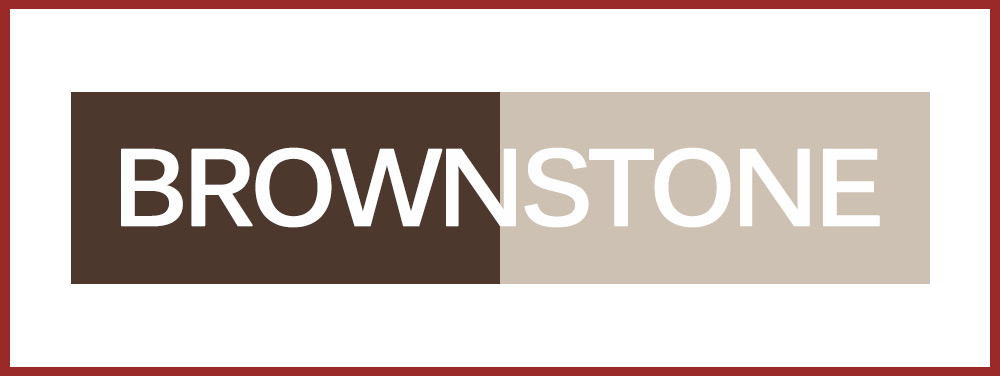AFTER TWO DECADES, IAAM CONSTRUCTION IS GIVEN THE GREEN LIGHT
International African American Museum CEO Michael B. Moore (center) listens as landscape architect Walter Hood explains the landscape design of the African Ancestors Memorial Garden will complement the soon to be built structure. Brad Nettles/Staff : Brad Nettles bnettles@postandcourier.com
“A highly-anticipated project to build an internationally recognized museum to African American history and culture on Charleston’s waterfront achieved a milestone this week.
City Council voted Tuesday to approve critical contracts for Charleston’s International African American Museum, allowing the project to start construction after almost two decades of planning and fundraising.
“It’s a very exciting moment in the history of the museum and our community,” former Charleston Mayor Joe Riley said shortly before Tuesday’s vote.
The contracts total $60.2 million, about $58.46 million of which would go to the contractor, Turner-Brownstone, for the first phase of construction. Other smaller contracts include electrical work and project management services.
The contracts were approved unanimously, with an abstention from Mayor John Tecklenburg who serves on the museum’s board.
IAAM president and CEO Michael Moore and Riley, who first announced plans to build the museum in 2000, spoke to council members during Tuesday’s meeting and thanked the project’s supporters and donors.
About 2,200 different contributors have given money to the museum, Riley said, including the state of South Carolina, Charleston County and the city of Charleston. More than $90 million has been raised to support the museum’s creation.
Tecklenburg described Tuesday’s vote as “historic,” and council member Keith Waring said it was a “wonderful experience” to see the museum ready to break ground.
“It’s really beginning in a large way,” Waring said.
Before voting, council member Carol Jackson recognized that some community members have not been satisfied with the museum’s direction, but she said she felt that approving the contracts would not be a “smoothing over” of those concerns.
“I don’t think anything that we’re going to decide today is going to take away from opportunities to make this museum something that we can all believe in,” Jackson said.
On Monday, a group of community members who go by the name “Citizens Want Excellence at IAAM” gathered a few dozen supporters for a meeting at the International Longshoremen’s Association headquarters.
There, they laid out demands for IAAM leadership and asked attendees to support them in asking council to defer an approval of the contracts until their concerns are addressed.
The group is opposed to the current building design — its supporters have asked that it be changed to “reflect specific elements of African and African American culture.” They also have voiced concerns about how the narrative of enslavement will be told at the museum.
The waterfront museum site was once part of Gadsden’s Wharf, a place where thousands of enslaved people first landed in Charleston.
Several of the group’s members addressed council Tuesday, though the meeting’s public comment period came after council already had voted unanimously to approve the contracts during its meeting of the Ways and Means Committee, just before the full council meeting.
“We cannot have a museum established by the city of Charleston, giving both land and material resources, which simply sanctifies our enslavement,” said Wilmot Fraser, a member of the Citizens for Excellence group.
Council heard two other items Tuesday related to the IAAM.
Tecklenburg recognized Moore, who announced last month that he would leave his position by Aug. 2, with a special proclamation recognizing his work since becoming the museum’s first CEO in 2016.
Moore has “worked tirelessly,” Tecklenburg said, to secure the funding and complete the planning necessary to prepare the museum for its groundbreaking.
Members of council also formally approved a new sister city partnership with Freetown, the capital of Sierra Leone.
That partnership, which was marked by a signing ceremony with Charleston Sister Cities International and a visit from Freetown Mayor Yvonne Aki-Sawyerr last week, was born out of a trip that Moore and other IAAM staff members made there earlier this year.
During their visit, they toured Bunce Island, a small piece of land off the country’s coastline where many captive people boarded slave ships bound for South Carolina.
Work on the museum site, which sits between the Charleston Maritime Center and the Dockside condominiums, will start very soon, and a formal groundbreaking will likely be scheduled for October. The museum is expected to open in 2021.”
By Emily Williams ewilliams@postandcourier.com
(Source)

